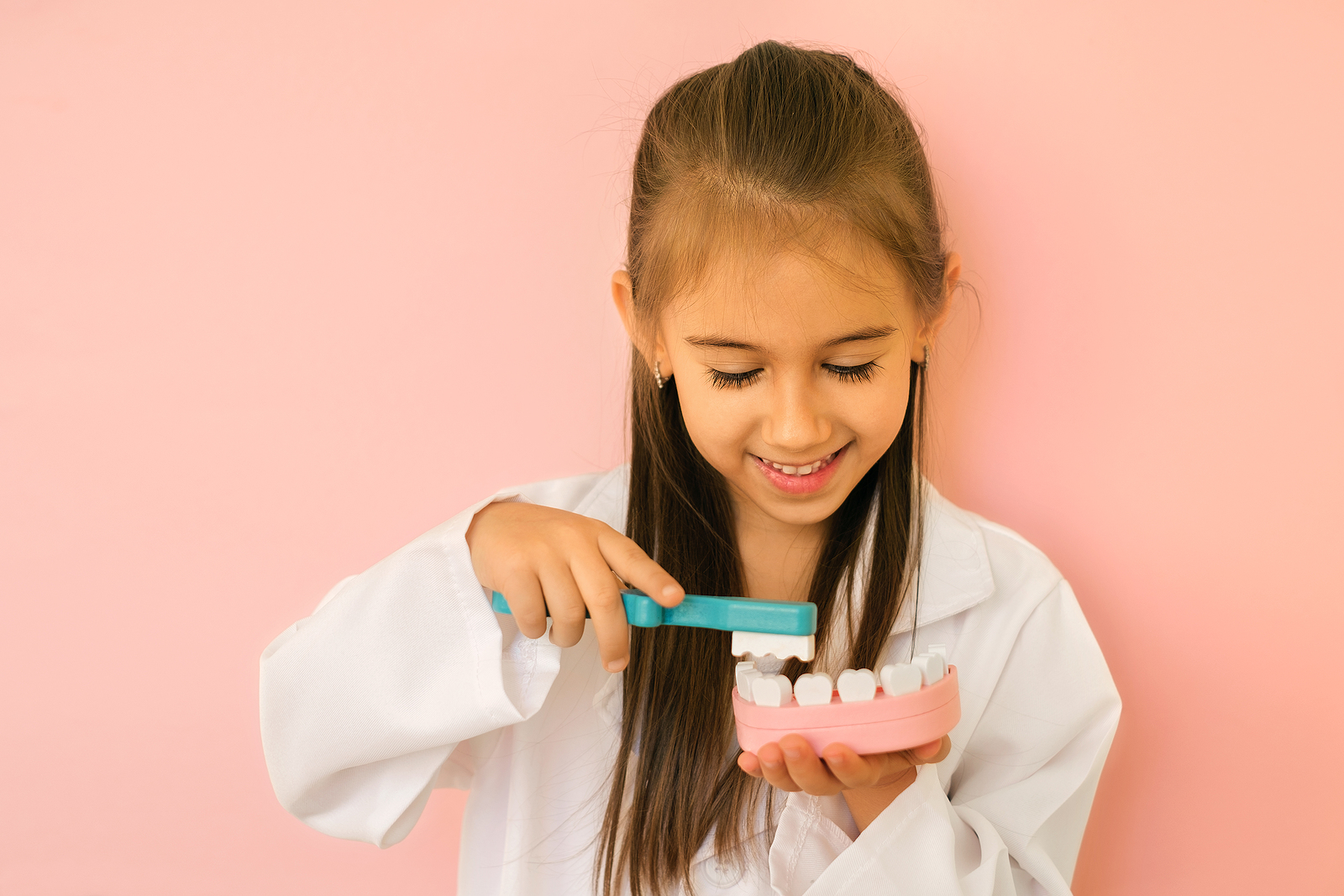Dental sedation for individuals with special needs is a valuable tool used by dentists to ensure safe and comfortable dental care for patients who may have physical, developmental, cognitive, or emotional disabilities. Special needs patients often face unique challenges when receiving dental treatment, including sensory sensitivities, anxiety, difficulty communicating, and limited mobility. Dental sedation can help alleviate these challenges and facilitate a more positive and successful dental experience.
Sedation dentistry helps patients relax during dental procedures or treatments. Depending on the objectives, different types and levels of sedation are used.
Our dentist in Murfreesboro TN at Stonegate Family Dentistry in Murfreesboro, Tennessee, routinely uses dental sedation to ensure a relaxing and stress-free experience for our patients, especially the ones with special needs.
Patients with special needs may require sedation to feel at ease during their visit and receive the treatment they require to keep their smiles healthy. Below are the different types of sedation options available for people with special needs like Down syndrome, autism, etc.
Intravenous Sedation
IV sedation involves administering sedative medications directly into the patient's bloodstream through a vein in the arm or hand. It induces a deeper state of relaxation and may be used for patients with severe anxiety, behavioral challenges, or extensive dental treatment needs. IV sedation is administered and monitored by a trained anesthesia provider to ensure the patient's safety and comfort throughout the procedure.
Midazolam is a sedative drug that is commonly used for this purpose. It only takes a few seconds for it to take effect and makes the patient feel sleepy.
Intranasal Sedation
Midazolam is also administered as intranasal sedation. This is a beneficial option, especially for patients who are unwilling to cooperate.
Inhalation Sedation
Inhalation sedation is one of the lightest forms of sedation. The patient is fitted with a mask and breathes in nitrous oxide (also known as laughing gas) through it. Dentists in 37129 have total control over how much sedation the patient receives. Typically, the recovery process is around 15 minutes.
Oral Sedation
This is the most common kind of sedation used in dentistry. A drug called Halcion is given for minimal sedation about one hour before the dental procedure. A higher dosage may be needed for moderate levels of sedation. Patients feel drowsy and may fall asleep, but can be awakened with a little nudge.
Anesthesia
This type of sedation puts patients in a deeper state of sleep and renders them unconscious. As a result, the patients cannot be readily awakened until the anesthetic effect has worn off. It is recommended for patients who have difficulty cooperating during dental treatments.
Before administering any form of sedation, dentists conduct a comprehensive evaluation of the patient's medical history, including any allergies, medications, or underlying health conditions. They also discuss the benefits, risks, and alternatives to sedation with the patient's caregiver to ensure informed consent. Call us to learn more.
During the dental procedure, the dental team closely monitors the patient's vital signs and adjusts the level of sedation as needed to ensure their safety and well-being. After the procedure, patients are carefully monitored as they recover from sedation and are provided with post-operative instructions and support to facilitate a smooth recovery.
Overall, dental sedation for individuals with special needs can help overcome barriers to dental care, promote oral health, and improve overall quality of life. By tailoring sedation techniques to meet the unique needs of each patient, dentists can ensure a positive dental experience and foster a lifetime of oral health and wellness.
For more information on dental sedation for special needs, contact Stonegate Family Dentistry at (615) 624-6919 or visit the office located at 206 A N Thompson Lane, Murfreesboro, TN 37129.

Dental sedation for individuals with special needs is a valuable tool used by dentists to ensure safe and …

Dental sedation for individuals with special needs is a valuable tool used by dentists to ensure safe and …

Dental sedation for individuals with special needs is a valuable tool used by dentists to ensure safe and …
MON - THU 8:30 am - 5:00 pm
FRI - SUN Closed
